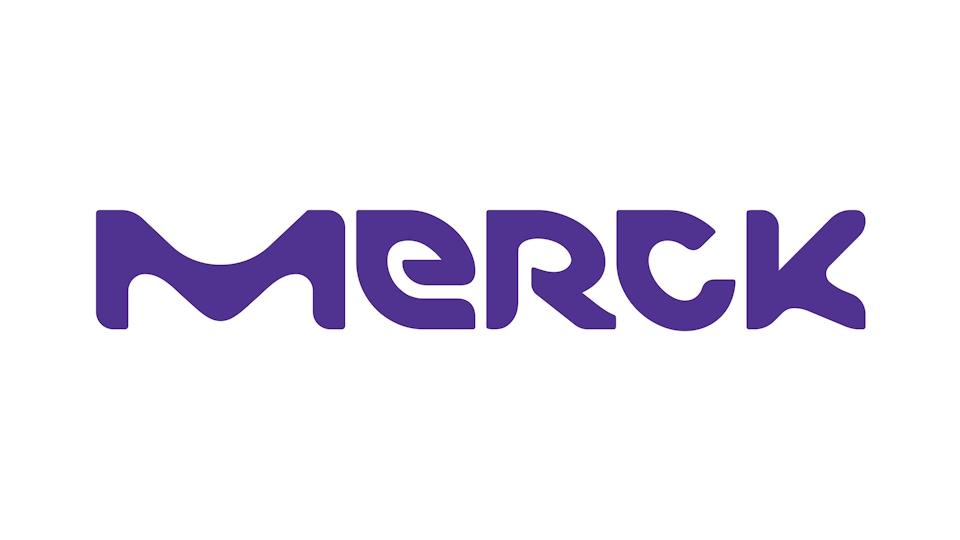Merck grabs late-stage oncology drug from China’s Abbisko

Germany’s Merck KGaA is paying Chinese biotech Abbisko Therapeutics $70 million upfront for rights to a drug in phase 3 testing for tenosynovial giant cell tumour (TGCT), a rare disease affecting the joints and tendons.
Merck is taking an exclusive commercial license to the drug – called pimicotinib (ABSK021) – in China, Hong Kong, Macau, and Taiwan, with an option on rights for the rest of the world.
The drug is an orally active inhibitor of CSF1R that, if approved, would compete with Daiichi Sankyo’s Turalio (pexidartinib), a CSF1R, KIT, and FLT3 inhibitor that was cleared for TGCT by the FDA in 2019 and remains the only approved drug for the disease in the US. There are currently no licensed drugs for TGCT in China.
TGCT – which is also known as pigmented villonodular synovitis (PVNS) or giant cell tumour of the tendon sheath (GCT-TS) – has limited treatment options, with patients relying mainly on surgery to remove as much of the tumour as possible. Many tumours recur after surgery, however, while in some cases patients are not eligible for surgical intervention.
Although considered benign, TGCT can cause swelling, pain, stiffness, and limited mobility of the affected joints, impinging on patients’ quality of life.
“We have the opportunity through our partnership with Abbisko to deliver a first-in-class treatment for a critically underserved patient population in China and potentially beyond,” said Andrew Paterson, chief marketing officer for Merck’s healthcare business.
He added that the partnership also gives Merck an opportunity to grow its commercial footprint in oncology in China, the second-largest pharmaceutical market in the world.
In a phase 1b trial involving 32 subjects, pimicotinib showed an overall response rate of 87.5% (28 subjects) at one year of follow-up. Three of the patients had a complete response at a dose of 50 mg per day.
On the strength of those results, Abbisko has started a phase 3 trial, called MANEUVER, that aims to enrol 90 subjects and is due to read out in 2026 and will compare the drug to placebo on tumour volumes, as well as symptoms including stiffness, pain, joint range of motion, physical function, and quality of life. The study is recruiting subjects in China, the US, Canada, Spain, and the Netherlands.
Pimicotinib has been granted breakthrough therapy designations by China National Medical Products Administration (NMPA) and the FDA in the US, and is also being developed for follow-up indications including chronic graft-versus-host disease and other solid tumours.
Merck has been making a concerted effort to expand its pharma pipeline in the last couple of years, and in October signed a €1.4 billion deal with Chinese pharma company Jiangsu Hengrui that covers a pair of cancer drugs, including a ‘next-generation’ PARP inhibitor and an antibody-drug conjugate, for €160 million upfront.
That followed a pair of smaller partnerships with artificial intelligence-powered drug discovery specialists BenevolentAI and Exscientia, with a total value of $1.3 billion, and a 2021 deal worth €898 million deal with Debiopharm, including €188 million upfront, which gave it rights to IAP inhibitor xevinapant for head and neck cancer.
Last year, Merck said it needed to double the productivity of its R&D operations, with the aim of launching a new product every 18 months on average, to boost its pharma business.












